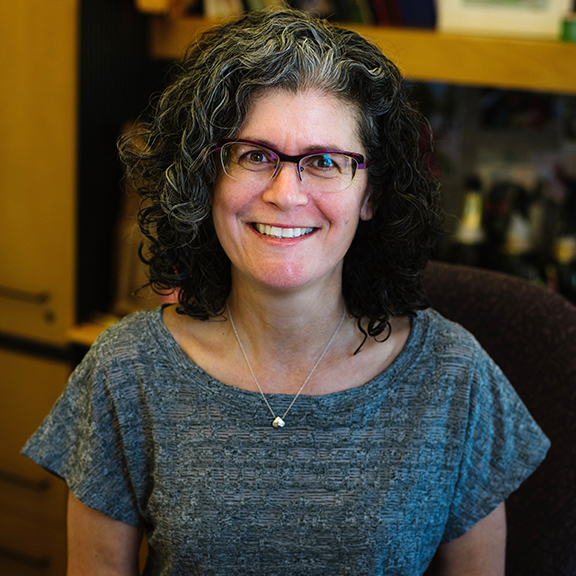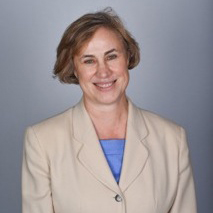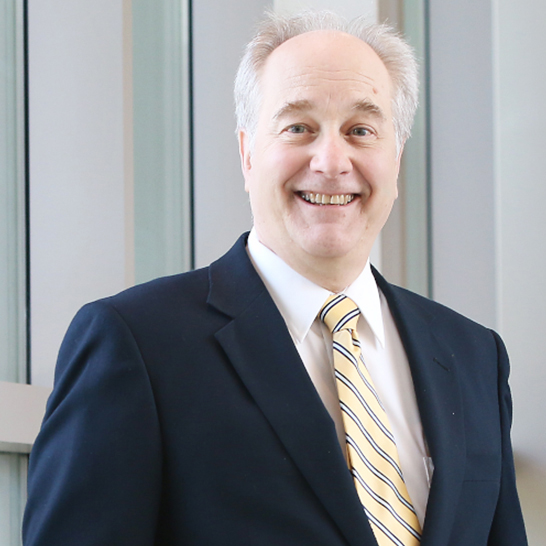The TWiM team considers the increasing tolerance of Enterococcus to handwash alcohols, and how the study of DNA in ancient dung reveals the diet and parasite burden of extinct New Zealand birds.
The TWiM team travels to ASM Microbe 2018 in Atlanta, Georgia to speak with Christina Kellogg about her career and her research on coral microbial ecology.
Vincent, Michael and Elio note the passing of Stanley Falkow, give E. coli an archaeal membrane, and show how the microbiome can make worms live longer.
The cast of TWiM reveals how uropathogenic E. coli use a binding protein to treat copper as a nutrient or a toxin, and Antarctic soil bacteria that survive on trace atmospheric gases.
Dickson joins the TWiM team to discuss the nasal microbiota of dairy farmers, and attenuation of bacterial virulence by quorum sensing in the maize weevil.
The TWiM team considers a report on prokaryotic viral DNA in mammalian brain, and how diarrhea is beneficial, by clearing enteric pathogens.
The TWiM team ventures into preprint space with an analysis of type VI secretion across human gut microbiomes, and provide insight into urinary tract infection: how bladder exposure to a member of the vaginal microbiota triggers E. coli egress from latent reservoirs.
The TWiM team discusses microbial DNA found on ATM machines in New York City, and how hydraulic fracturing, or fracking, alters microbial ecosystems deep in the Earth.
The TWiM team brings you a bacterium from a Colorado field site that grows on uranium, and copper resistance in the emerging pathogen Acinetobacter baumannii.
How critical illness alters the microbiome, and the consequences of a sewage spill into an aquatic environment, from the TWiM team.




